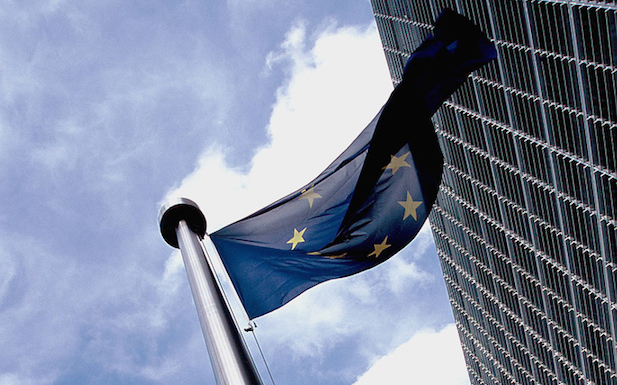The European Commission is to begin making “specific proposals” for the release of the 700MHz spectrum band for use by wireless broadband services, after a public consultation gained majority support.
The Lamy Report, which was served to the European Commission in September last year, suggests broadcasters and wireless microphones should be pushed off the 700MHz band by 2020 to make way for wireless broadband services.
Publishing the results this week, the EC found 63.5 percent of 356 respondents to the ensuing public consultation saw merit in an EU-led approach to clearing the frequency for mobile operators.
Only 4.1 percent of organisations said they saw no merits in such an approach, while 29 percent remained neutral.
A statement from Brussels said: “The results of the consultation suggest that an EU coordinated approach, a common roadmap as well as a cost-efficient transition are needed for a successful release of the 700MHz band in the European Union (the upper part of the UHF band).
“Following the adoption of the Digital Single Market Strategy for Europe, the Commission will make specific proposals regarding coordinated release of 700MHz band.”
Sixty-one of 96 organisations consulted said an EU-led approach would reduce fragmentation in the market and help ensure coverage and common standards obligations were met. Respondents also suggested EU involvement would help develop spectrum strategies for program-making and special event broadcasters.
The Lamy report also revealed the “vast majority” of mobile operators and equipment manufacturers considered EC involvement key to ensuring wireless broadband and digital terrestrial television could co-exist in “cross-border territories”.
Those in favour of the proposal suggested a common deadline of between 2018 and 2022 should be established, by which time the 700MHz band should be freed for wireless broadband providers.
[Read more: European Commission seeks to clarify future of 700MHz]
However, the Commission also revealed concerns had been raised regarding the cost of moving to alternate spectrum bands.
It said: “Regarding funding arrangements, particularly cultural and creative industries ask for clear EU guidance on the availability of funding and financial resources needed to cover the costs of transition and clearance of the 700 MHz band that is currently used by broadcasting and other cultural-related services such as Program Making and Special Events.
“This guidance is required to ensure that Member States progress in a timely and coordinated manner towards the release of the 700 MHz band. Electronic manufacturers moreover urge the EU to promote industry collaboration to reduce delay and to fully reap the benefits from economies of scale.”
The EC said it is now engaging with EU member states with the aim of having a proposal in time for November’s World Radiocommunication Conference.
The GSMA called on Brussels to ensure a “timely release” of the 700MHz band, saying it was a critical resource for mobile operators for expanding coverage and keeping up with ever-growing traffic demands.
Anne Bouverot, Director General of the GSMA, said: “The GSMA is calling for the EC to give Member States the flexibility to keep pace with the changing needs of consumers by supporting a co-primary mobile broadcasting allocation in the UHF band at the ITU’s upcoming World Radiocommunication Conference 2015 in November, where the future possible uses of spectrum will be decided.
“This flexible solution will protect consumer interests by empowering people in Europe to choose how they want to access content. It also supplies long-term guarantees for the future of digital terrestrial TV in European countries that rely on terrestrial broadcast services, ensuring a robust future for both industries.
“Allowing for flexible use of the UHF band will also mean the EC will be one step closer to achieving its Digital Agenda objectives of providing high-quality mobile broadband to European citizens.”



